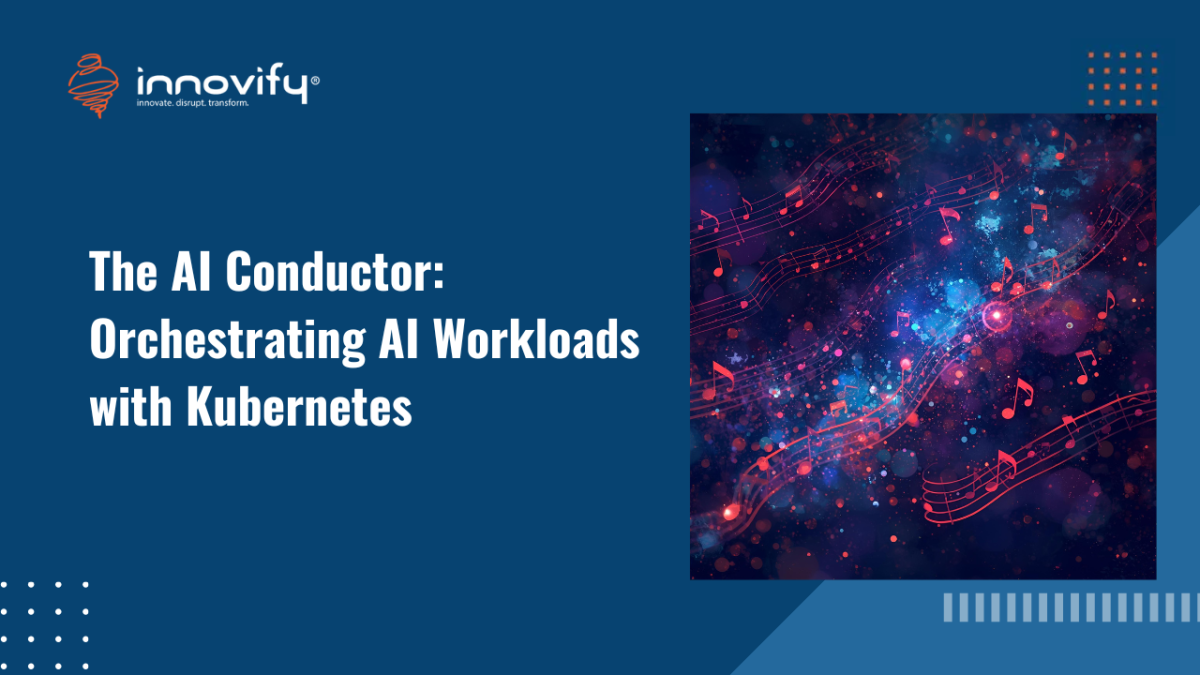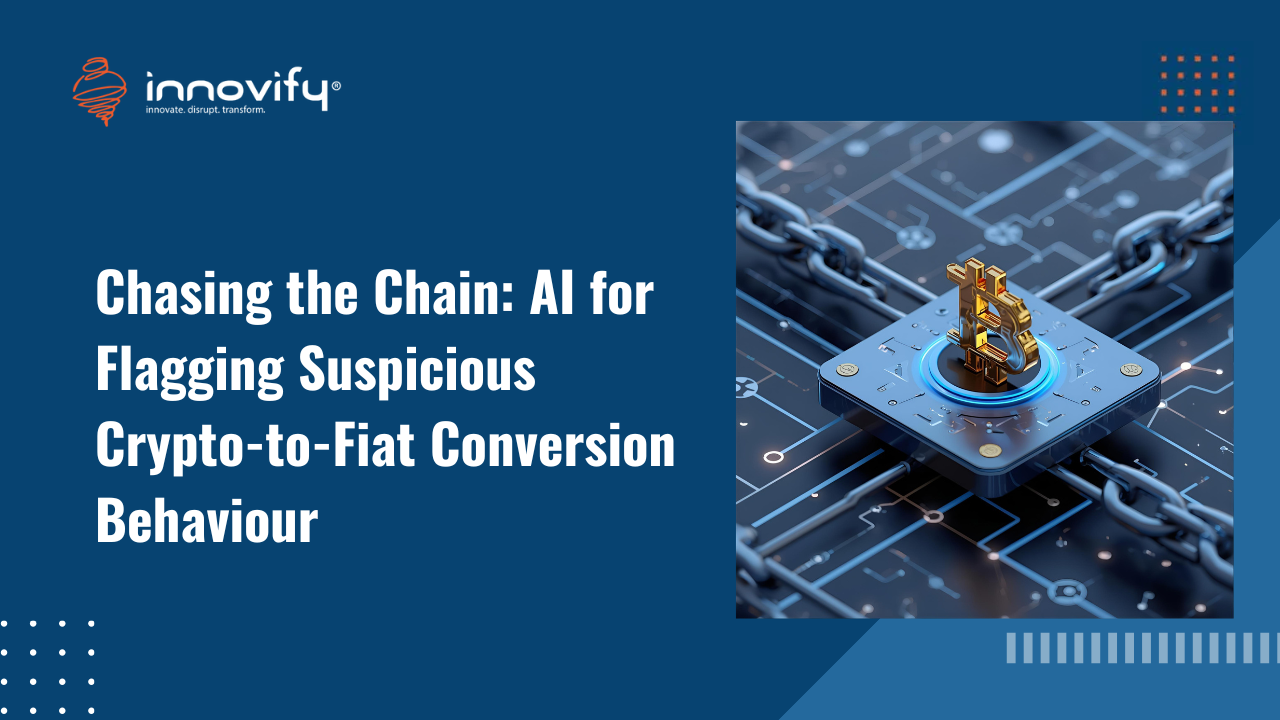AI/ML
The AI Conductor: Orchestrating AI Workloads with Kubernetes
Orchestrating AI workloads with Kubernetes
Modern AI workloads – from computationally intensive model training that consumes terabytes of data to high-volume, low-latency real-time inference – demand elastic, portable, and reliable infrastructure. Traditional IT infrastructure models built on fixed virtual machines and manual provisioning struggle to meet the demand of spikes, the heterogeneous resource requirements, and the rapid iteration cycles of machine learning. The strategic solution lies in orchestrating AI workloads with Kubernetes, the de facto industry standard for container orchestration. By leveraging Kubernetes, organizations can build scalable, resilient, and highly efficient MLOps (Machine Learning Operations) pipelines that treat models and data as first-class, portable citizens in the cloud-native ecosystem. This transition is essential for any enterprise serious about moving from PoCs to enterprise-wide AI deployment.
Why Kubernetes is the Foundation for MLOps
Kubernetes provides the core capabilities needed to manage the unique, volatile, and resource-hungry challenges of the AI lifecycle, bridging the gap between development teams and operations.
1. Resource Management, Elasticity, and Cost Optimization (Approx. 220 Words)
AI workloads are characterized by unpredictable and extreme resource volatility, making cost efficiency a major challenge.
- Heterogeneous Resource Scheduling: Kubernetes excels at scheduling and managing diverse hardware resources required by AI. Training large models requires specialized hardware like GPUs and TPUs, which Kubernetes manages through custom resource definitions (CRDs) and specialized device plugins. This allows ML Engineers to simply request a “GPU” without worrying about the underlying hardware, and Kubernetes intelligently schedules the workload to maximize utilization of expensive assets.
- Horizontal and Vertical Autoscaling: Inference endpoints, which serve real-time predictions, must handle traffic spikes (e.g., during a marketing campaign). Kubernetes’ Horizontal Pod Autoscaler (HPA) automatically scales the number of serving replicas up and down based on metrics like CPU utilization or custom latency targets. The Vertical Pod Autoscaler (VPA) can adjust the CPU and memory limits of individual pods. This elasticity is crucial not only for reliability but for cost optimization, allowing the cluster to scale down to near-zero when idle, drastically reducing cloud computer expenses.
- Efficient Batch Processing: For large batch inference jobs or model training runs, Kubernetes batch processing jobs (e.g., using Argo Workflows or Kubeflow Pipelines) ensure that the task is distributed across the cluster, executed efficiently, and automatically restarted or managed if nodes fail.
2. Portability, Reproducibility, and CI/CD
The core challenge in MLOps is ensuring that the model that worked in testing works identically in production. Kubernetes solve this via containerization.
- Containerization as the Standard: Every component of the MLOps pipeline – data preprocessing scripts, model training code, and the final model serving application – is packaged as a Docker container. This container bundles the code, runtime, system tools, and libraries, ensuring that the model’s environment is immutable and identical across a Data Scientist’s laptop, the staging environment, and the production cluster. This eliminates environment-related deployment failures.
- Cloud and Hardware Agnostic Deployment: Kubernetes provides a consistent application programming interface (API) layer across all major cloud providers (AWS EKS, Google GKE, Azure AKS) and on-premises data centers. This ensures true hybrid and multi-cloud portability for AI deployments, preventing vendor lock-in and allowing organizations to deploy compute-intensive tasks where resources are cheapest.
- Integration with CI/CD: Kubernetes is natively integrated with modern DevOps CI/CD tools (e.g., Jenkins, GitLab, GitHub Actions). This allows model code changes and version updates to be automatically triggered, built into a new container image, tested, and deployed to the production cluster using sophisticated strategies like Canary Deployments or Blue/Green Deployments, minimizing downtime and risk.
Technical Components for AI on Kubernetes
Effective orchestrating AI workloads with Kubernetes requires integrating specialized components designed for ML.
3. Model Serving and Workflow Orchestration
- Optimized Inference Servers: Models must be served with low latency. Specialized serving frameworks like Triton Inference Server, KServe, or Seldon Core are deployed within Kubernetes pods. These frameworks handle optimized model loading, batching requests, and running parallel inference across multiple cores, providing high-performance, low-latency API endpoints for the deployed models.
- ML Workflow Automation (Kubeflow): Tools built specifically for ML on Kubernetes, like Kubeflow, allow ML Engineers to define, deploy, and manage complex end-to-end training and data pipelines using Kubernetes resources. Kubeflow Pipelines enables the creation of reusable, composable, and reproducible training workflows, turning a complex process into a simple, automated run.
- Storage and Data Access Management: AI models require access to massive datasets. Kubernetes manages persistent storage for these datasets (e.g., using Kubernetes volumes with high-performance network file systems or cloud storage buckets), ensuring secure, high-throughput access to data from training pods, which is critical for distributed training jobs.
By making Kubernetes the AI Conductor for their workloads, organizations gain the infrastructure elasticity, automation, and portability necessary to rapidly iterate on models, ensure compliance, and operate AI at enterprise scale.
Ready to build your MLOps pipeline on Kubernetes and scale your AI? Book a call with Innovify today.




